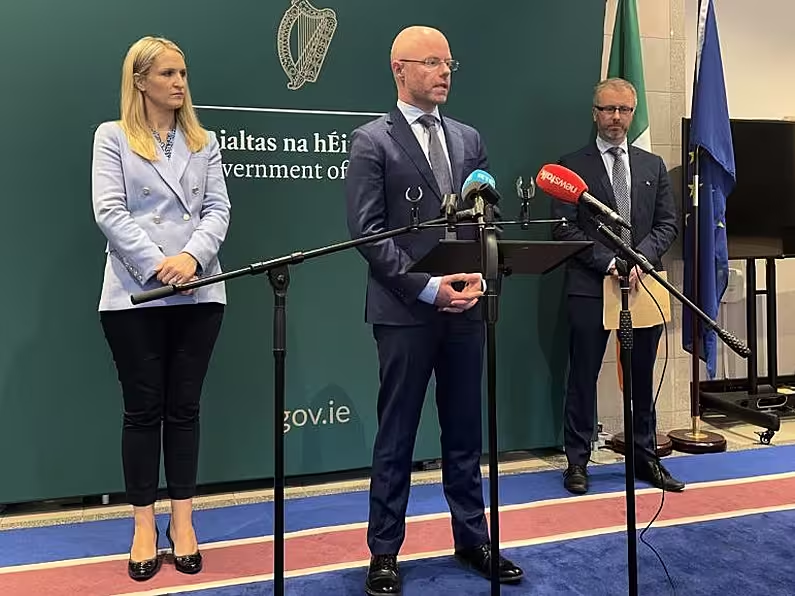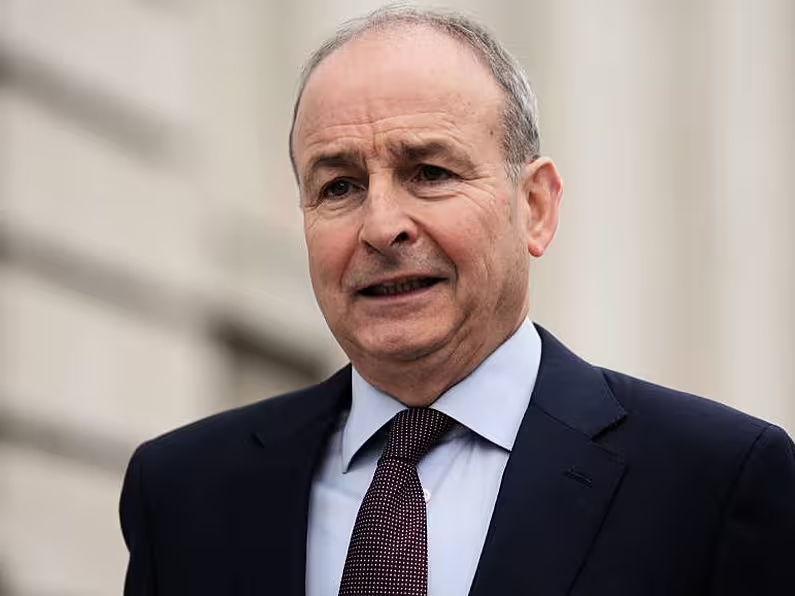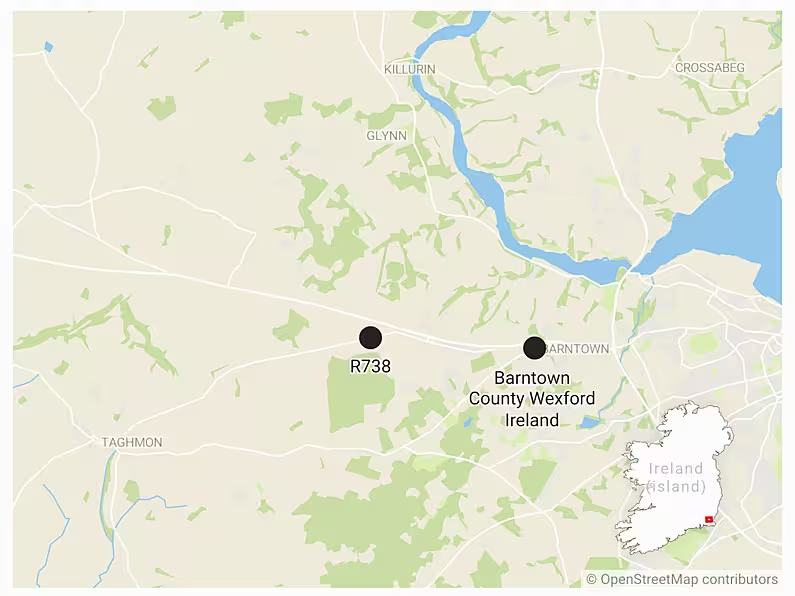By Gráinne Ní Aodha, PA
Minister for Health Stephen Donnelly has insisted the Government has listened to the concerns in relation to the ownership structure of the new National Maternity Hospital (NMH).
At a briefing following Cabinet sign-off on the ownership structure, Mr Donnelly said the Government had attached three points to its decision to approve the hospital deal with St Vincent’s, reflecting people’s concerns about the complex ownership arrangement.
“The first is that a report will be published annually for the first five years of operation of the hospital, providing detail on the services provided,” he said.
The other two points were establishing a centre of excellence for women’s healthcare, and a Cabinet-agreed definition of what “clinically appropriate” means.
Mr Donnelly gave this definition as: “The Government agrees that the term ‘clinically appropriate’ means all services that can be provided by a maternity neonatal gynaecology hospital.”
Debate has continued around whether the colocation of the NMH at St Vincent’s provides enough guarantees for what services can be carried out at the new location. There have been particular concerns raised about what the phrase “clinically appropriate and legally permissible”, contained in the legal documentation for co-location, means in practice.
Speaking to reporters on Tuesday, Mr Donnelly said: “I think people have raised really understandable concerns. We have a dark history when it comes to religious influence and women’s reproductive health. It’s something we’re acutely aware of.”
There will always be people who remain unconvinced, he added.
Mr Donnelly said that other proposals to clarify “clinically appropriate” would be “very well intentioned, but actually creates some genuine problems”.
Minister for Transport and Green Party leader Eamon Ryan said prior to Cabinet there had been clarity since Cabinet last considered the proposal for co-location with St Vincent’s.
“I think there has been a lot of clarification in the last two weeks, and I think that was a good thing, around that issue [of] what is clinically appropriate,” he said.
“It was clear at all times this was led by medics, often the same female medics who led out in the Repeal campaign, saying, ‘This is the best approach’.
“So I, like a lot of other people, listened to them.”
The National Maternity Hospital is at present in a 130-year-old building at Holles Street in Dublin city centre, which has been branded not fit for purpose.
The Government’s plan proposes to co-locate the new National Maternity Hospital at St Vincent’s Elm Park campus and to lease the land from St Vincent’s for 299 years at €10 per year, which the Government argues effectively amounts to ownership.
Concerns have been raised about the possibility of religious ethos interfering in decisions made at the new maternity hospital.
There was some opposition to the plans when Mr Donnelly last brought the proposed co-location plan to Cabinet two weeks ago.
Minister for Tourism Catherine Martin was among the Cabinet ministers who first raised concerns.
Approval was delayed to allow for the publication of documents that outline the ownership structure in order to alleviate concerns.
Mr Donnelly, legal and medical experts, critics of the co-location plan and representatives of the St Vincent’s Healthcare Group have also appeared before the Oireachtas Health Committee in the past fortnight to discuss the proposal.
Following Cabinet approval, Mr Donnelly said that the legal agreement approved today “is the same legal agreement that was noted two weeks ago”, but emphasised the three additions to that plan.
In relation to the report to be published annually for five years, Mr Donnelly added: “There’s no other hospital that is subject to that level of scrutiny.
“That is a genuine recognition of people’s understandable concerns.”
The minister said the department expects it to be four and a half years from the tender process before the hospital is operating, but that a discussion was had at Cabinet today about how that process could be “shortened”, for example, by fast-tracking the procurement process.













